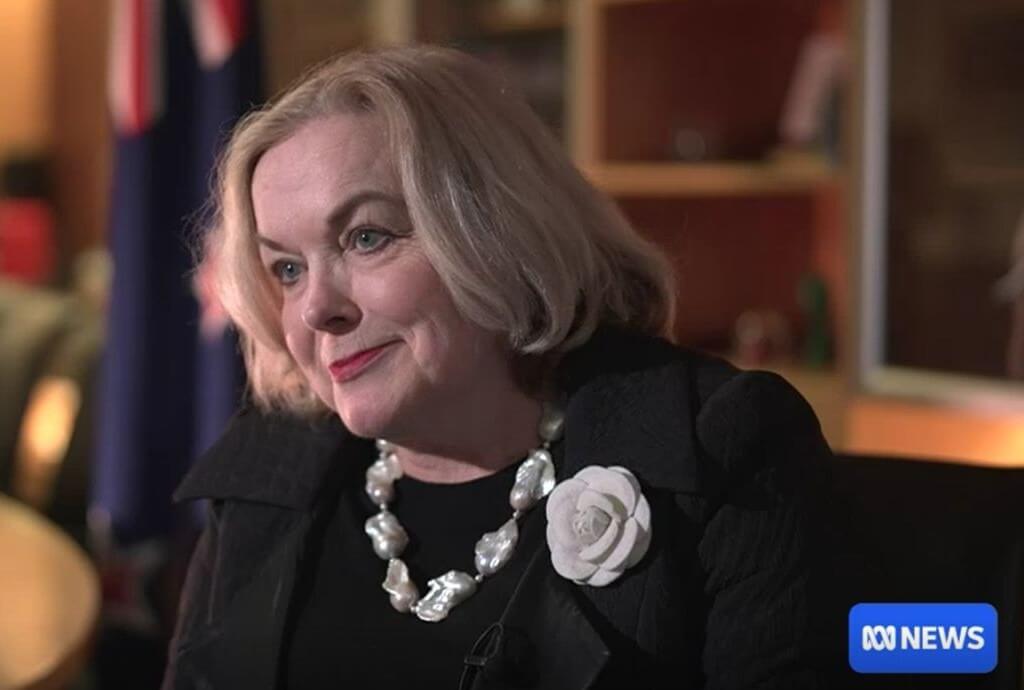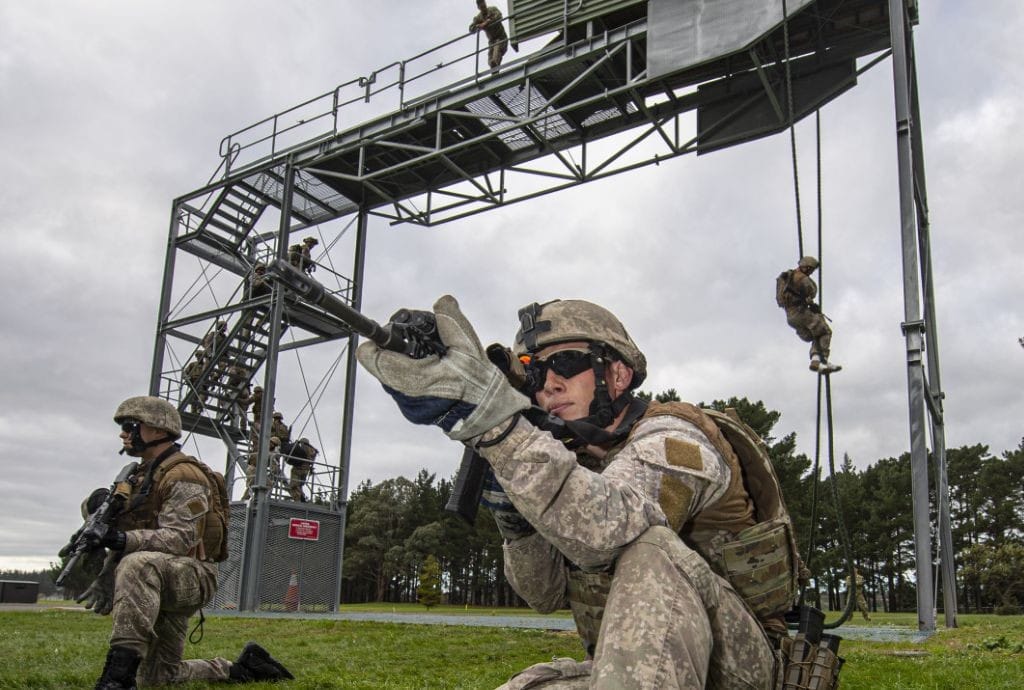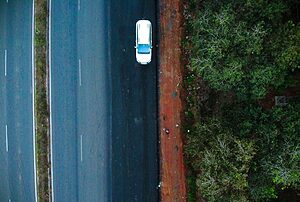In brief
- Mis/disinformation “experts” warn of a shift by conspiracy theorists from COVID to climate change.
- Could it be misinformation “experts” know little about the topic, but only know how to shut down free speech?
- Despite Maureen Pugh’s takedown for doubting man-made climate change, there is legitimate debate amongst respected scientists.
- Climate change zealots feel they know best.
From COVID to climate change
Media reports warn that people they regard as COVID conspiracy theorists (a rather wide and subjective net) are now spreading mis/disinformation regarding climate change. The basis seems to be that some unidentified people wondered whether this particular cyclone would be as extreme as the warnings.
Scepticism regarding the cyclone’s threat does not equal climate change scepticism, since everyone knows there can be a cyclone whether or not there is climate change. And climate change scepticism is really about man’s role in climate change, as opposed to questioning whether the world is gradually warming. None of that matters much when an actual cyclone is bearing down on you.

Controlling the narrative vs following the science
COVID mandates, 3 Waters, Road to Zero and other government programs were perhaps a wake-up call on how governments and their media allies work to control narratives. And the media’s willingness to play ball with The Disinformation Project despite their murky origins and partisan agenda is suspicious.
Isn’t it possible some of the scepticism in this case came from the number of emergencies and shut-downs this Government has declared as well as its record of sometimes pushing narratives over facts?
Climate change disinformation
“Cyclone Gabrielle is a result of climate change and there’s no debate climate change is caused by people” is essentially the default position of the echo chamber of passionate, yet mostly unqualified politicians and journalists. But what do they know?
While beyond our scope to debate the nuances of their arguments, contrarian scientists such as Dr Richard Lindzen, Dr Judith Curry, Professor Ray Bates, and others confirm the debate exists. There are also qualified opinions suggesting extreme weather is not increasing and could be decreasing, regardless of mankind’s part in climate change.
It’s also notable that climate change alarmism has a history of failed predictions, including the very recent dial back by the IPCC itself of previous dire predictions. Is there a saying about “calling wolf” that might apply here?
Politicians and journalists taking National MP Maureen Pugh to task for daring to ask for proof or even an update in what is an evolving science, are discouraging free speech.
Adaptation vs mitigation – the choice for voters
In the aftermath of the cyclone and the resultant climate change debate, voters will essentially be given a choice: adaptation vs mitigation.
NZ, being a small contributor to global CO2 emissions can do little to mitigate global climate change. Ironically, NZ’s mitigation efforts like its Net Zero carbon policies may actually prove counterproductive during an extreme weather event.
For example, Dr Muriel Newman writes about the destructive effects of forestry “slash”, which was previously burned, but that has now been disallowed at the prodding of the Green Party. In this flood enormous amounts were washed into waterways, causing havoc.
Also, diversified sources of energy may add to resilience. A diesel generator and a gas-powered car may be the right choice in an environment where the electric power grid is at risk.



















